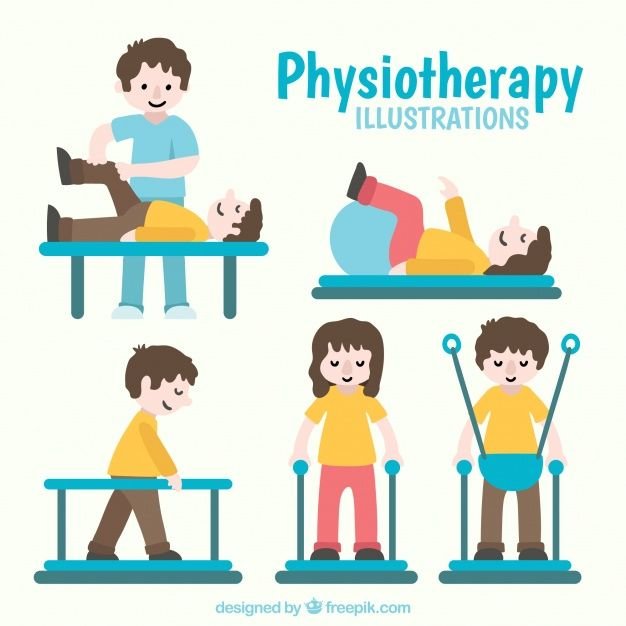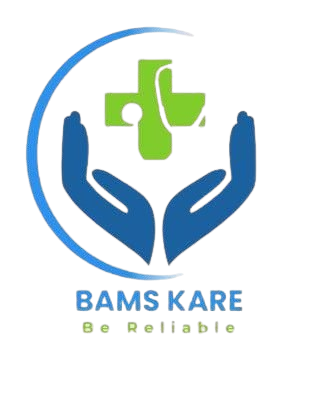BPT course details : The Bachelor of Physiotherapy (BPT) course serves as a crucial foundation in the field of healthcare, particularly in rehabilitation and physical medicine. This program is designed to equip students with essential skills and knowledge related to the human body, movement, and various treatment modalities. By understanding the principles of anatomy, physiology, and kinesiology, BPT graduates are prepared to assess, diagnose, and treat patients with physical impairments and disabilities. This course not only emphasizes theoretical learning but also incorporates practical training, enabling students to gain hands-on experience in clinical settings.
Read More : BPT course details
Graduating from a BPT program opens numerous career paths within the healthcare sector. Physiotherapists play a pivotal role in enhancing the quality of life for individuals suffering from conditions arising from injury, illness, or chronic disease. They work in various environments, including hospitals, rehabilitation centres, sports facilities, and private practices, providing therapeutic interventions aimed at restoring mobility and alleviating pain. The demand for qualified physiotherapists continues to rise, making this profession both rewarding and stable.

The curriculum of the BPT course typically spans over four and a half years, encompassing a broad array of subjects. Core modules include orthopaedics, neurology, cardiopulmonary physiotherapy, and paediatrics, alongside practical training in clinical placements. These components are designed to ensure that students not only acquire comprehensive theoretical knowledge but also apply it effectively in real-world scenarios. Moreover, the objectives of pursuing a BPT degree extend beyond clinical practice; they encompass the promotion of a deeper understanding of health, wellness, and the physiological basis of movement. Engaging with interdisciplinary approaches fosters critical thinking, communication skills, and ethical considerations vital for a successful career in physiotherapy.
Eligibility Criteria for BPT Admission
To pursue a Bachelor’s in Physiotherapy (BPT), candidates must meet specific eligibility criteria, which vary slightly depending on the institution. Foremost, candidates are typically required to complete their higher secondary education (12th grade) with a focus on science subjects, particularly Biology, Physics, and Chemistry. Most institutions mandate a minimum percentage of marks in these subjects, usually around 50% to 60%, to ensure that students possess a foundational understanding of the biological and physical sciences essential for a career in physiotherapy.
Moreover, age limits are often in place. Many colleges stipulate that applicants should be at least 17 years of age by the time of admission. However, this requirement may differ across various universities. Hence, it is crucial for prospective students to verify the specific guidelines set forth by their chosen institutions.
In addition to educational qualifications, BPT course details certain universities may require candidates to take an entrance examination to assess their aptitude for the BPT course. These entrance exams often comprise subjects like Physics, Chemistry, and Biology, and may also include general knowledge or reasoning sections. Adequate preparation for these tests is essential, as performance can significantly influence admission prospects.
Furthermore, students are encouraged to gather information about the BPT admission process well in advance. Visiting the official websites of universities or engaging with current students can provide insights into the application timeline, required documentation, and any additional criteria that may apply. Engaging in preparatory courses focused on the entrance exams can also enhance a candidate’s chances of securing a seat in a reputable institution.
Fees Structure for BPT Course
The financial commitment to pursue a Bachelor of Physiotherapy (BPT) course can vary based on several factors, including institution reputation, location, and course duration. Typically, the tuition fees for BPT programs range between $5,000 to $20,000 per year. These costs may differ markedly across institutions, with private colleges often charging higher fees compared to public universities.
In addition to tuition, BPT course details students should be aware of supplementary costs associated with their BPT education. Examination fees are a common additional expense, which may range from $100 to $500 per semester, depending on the institution’s policies. Laboratory fees are also pertinent, as hands-on learning is an integral aspect of physiotherapy. These fees can add an extra $200 to $1,000 annually, particularly in programs that utilize specialized equipment or facilities.
Furthermore, BPT course details prospective students must consider costs related to books and materials, which can accumulate to approximately $300 to $500 each semester. Supplies for practical learning, such as therapeutic tools or medical instruments, may incur further expenses that need to be budgeted. Collectively, students might project annual expenses of $2,000 or more for these items.
On the brighter side, BPT course details various financial aid options and scholarships are available to help alleviate the financial burden of a BPT course. Many institutions offer merit-based or need-based scholarships that can significantly reduce tuition fees. Additionally, government and private organizations often provide grants or loans tailored specifically for students in the healthcare fields. Understanding how these financial aid opportunities impact overall costs is crucial for prospective BPT students, as they can create a more manageable payment plan for their education.
Syllabus Overview of the BPT Course
The Bachelor of Physiotherapy (BPT) course encompasses a comprehensive syllabus designed to equip students with essential theoretical knowledge and practical skills required in the field of physiotherapy. The curriculum is typically spread over four years, with each academic year focusing on specific core subjects critical to the discipline.
In the initial years of the BPT program, students primarily engage in foundational subjects such as Anatomy, Physiology, and Biochemistry. Anatomy focuses on the human body’s structure, while Physiology delves into the functions of various systems. Biochemistry introduces students to the biochemical processes that sustain life, providing an essential framework for understanding bodily functions in health and disease.
As students progress to their second and third years, the syllabus expands to include advanced topics such as Neuroanatomy and Kinesiology. Neuroanatomy students study the central and peripheral nervous systems, which is crucial for understanding conditions treated by physiotherapists. Kinesiology, on the other hand, emphasizes the mechanics of body movement, allowing future professionals to assess and enhance physical performance.
Deeply understanding about, BPT course details
Therapeutic techniques forms another key component of the BPT syllabus, covering various modalities employed in physiotherapy practice, including manual therapy, electrotherapy, and therapeutic exercise. In addition to theoretical instruction, BPT course details students undergo rigorous practical training, allowing them to apply their knowledge in real-world settings. This hands-on experience is invaluable as BPT course details enhances clinical skills, improves patient interaction, and strengthens problem-solving abilities.
Internships play a significant role in the BPT course. They provide students with opportunities to practice under the supervision of experienced professionals, thereby bridging the gap between academic learning and practical application. This exposure is paramount in shaping competent physiotherapists who are well-prepared for their future careers.

